Search Results:
-
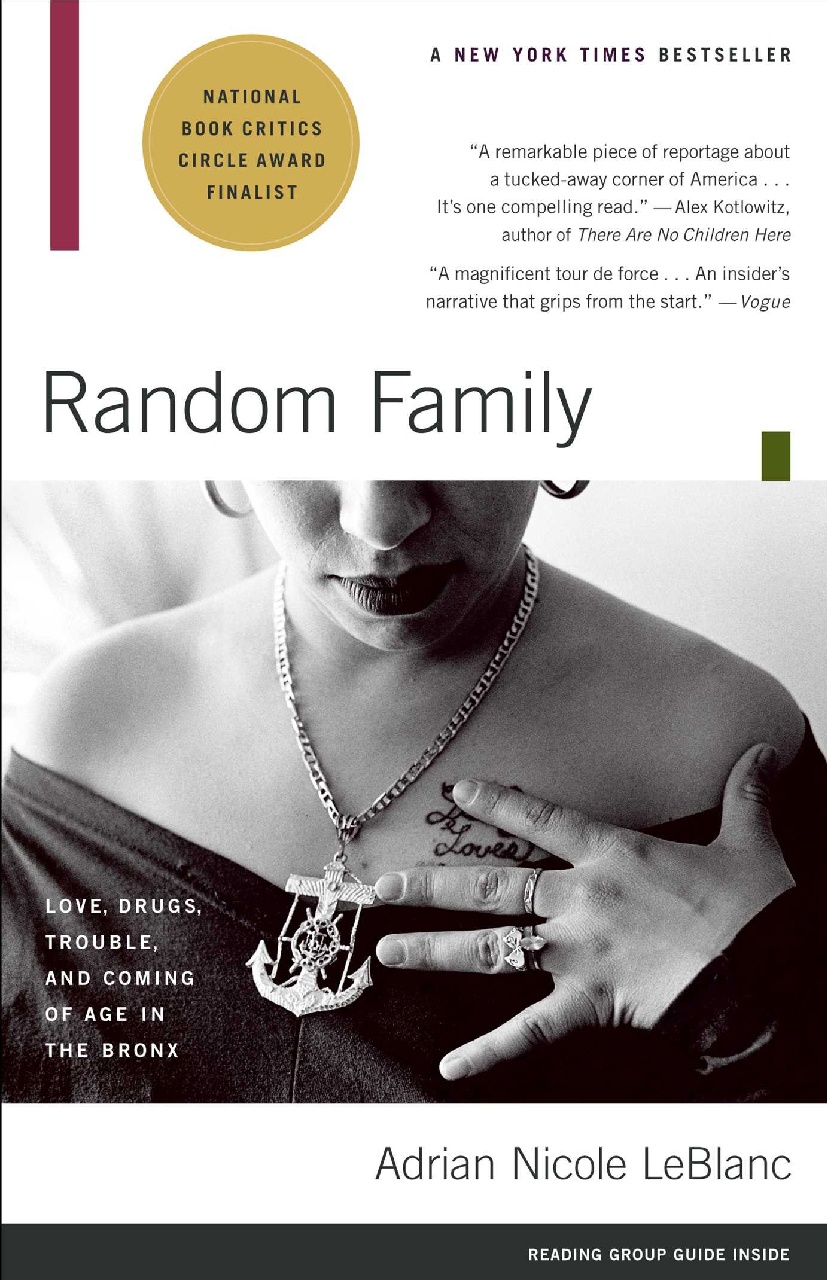 Book
BookRandom Family
More than anything, LeBlanc shows how demanding poverty is. Her prose is plain and unsentimental, blessedly jargon-free, and including street talk only when one of her subjects wants to “conversate.” This fine work deserves attention from policy makers and general readers alike.
-
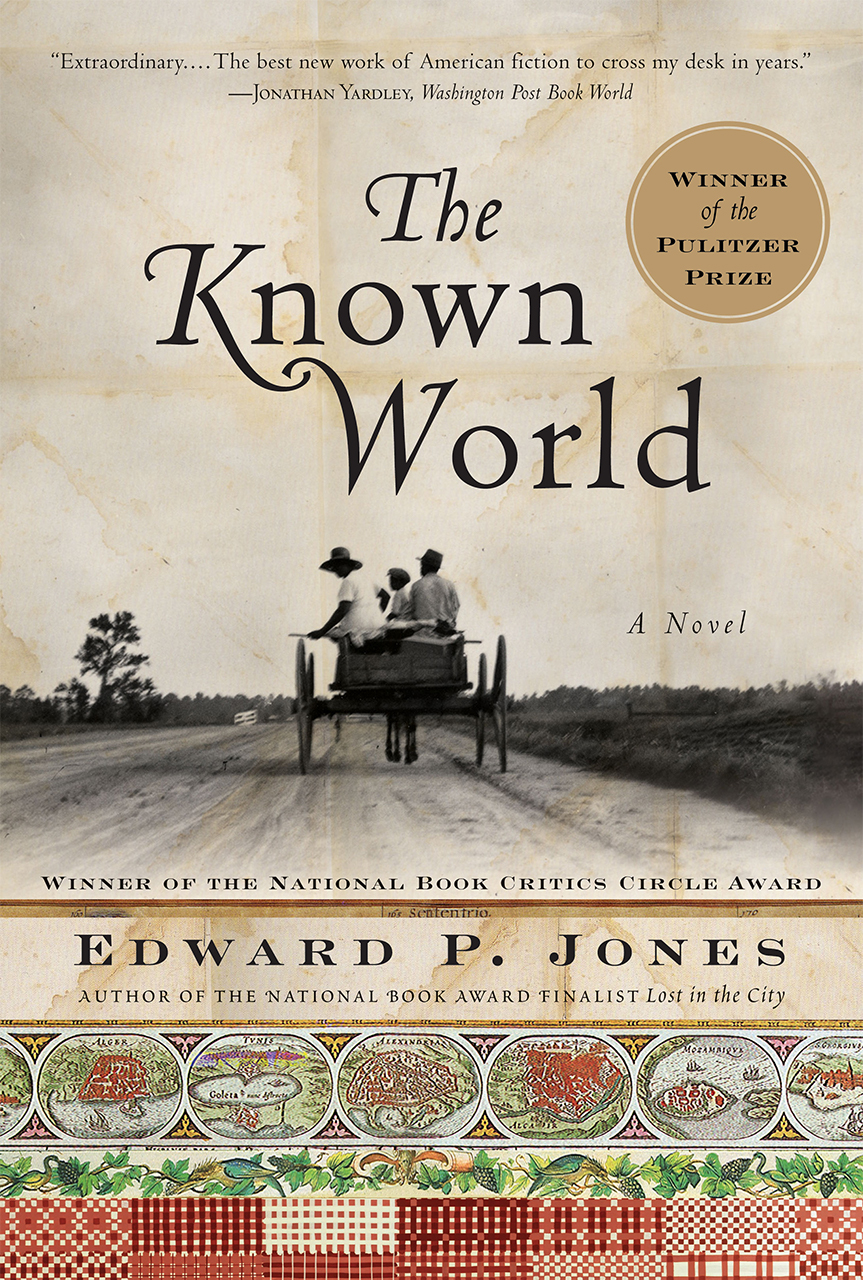 Book
BookThe Known World
Impossible to rush through, “The Known World” is a complex, beautifully written novel with a large cast of characters, rewarding the patient reader with unexpected connections, some reaching into the present day.
-
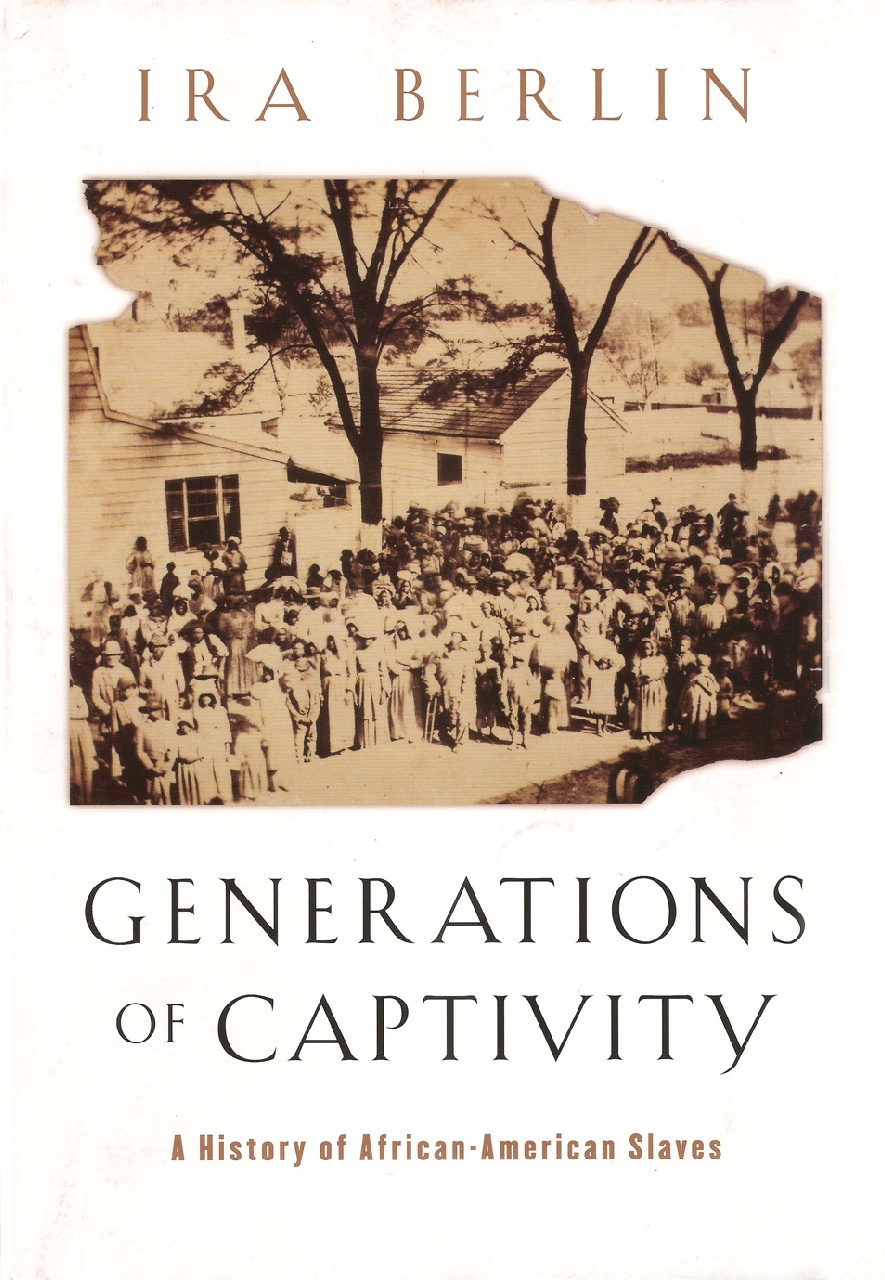 Book
BookGenerations of Captivity
Berlin has long been concerned with studying what he termed the “striking diversity” in African-American life under slavery—a diversity that, he argues, is especially evident when one is attentive to differences over space and time.
-
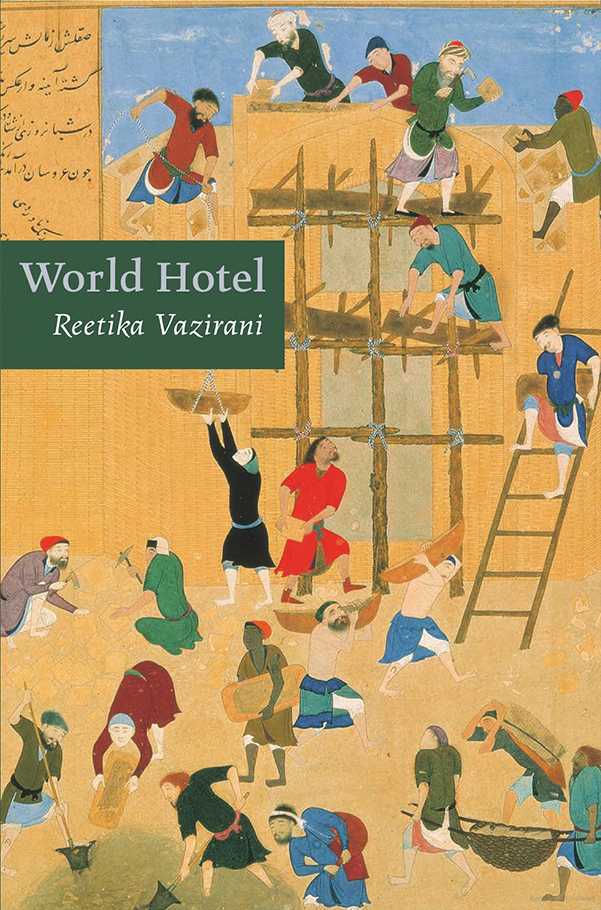 Book
BookWorld Hotel
Her awards include a 1999 Pushcart Prize, a 1998 Poets & Writers Exchange Program’s Discovery award, a “Discovery”/The Nation award, fellowships from the Watson Foundation, the Sewanee Writers Conference, the Bread Loaf Writers Conference.
-
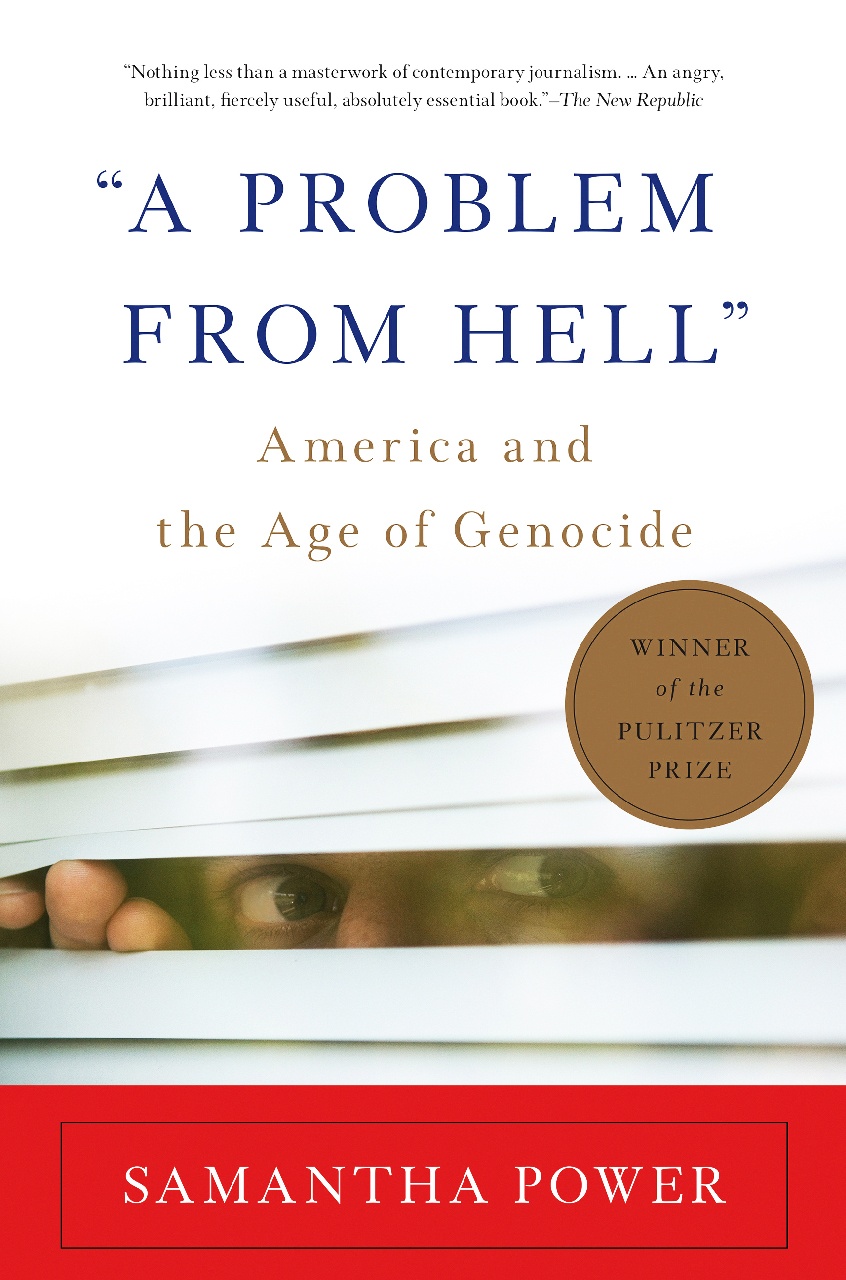 Book
BookA Problem From Hell
The emotional force of Power’s argument is carried by moving, sometimes almost unbearable stories of the victims and survivors of such brutality.
-
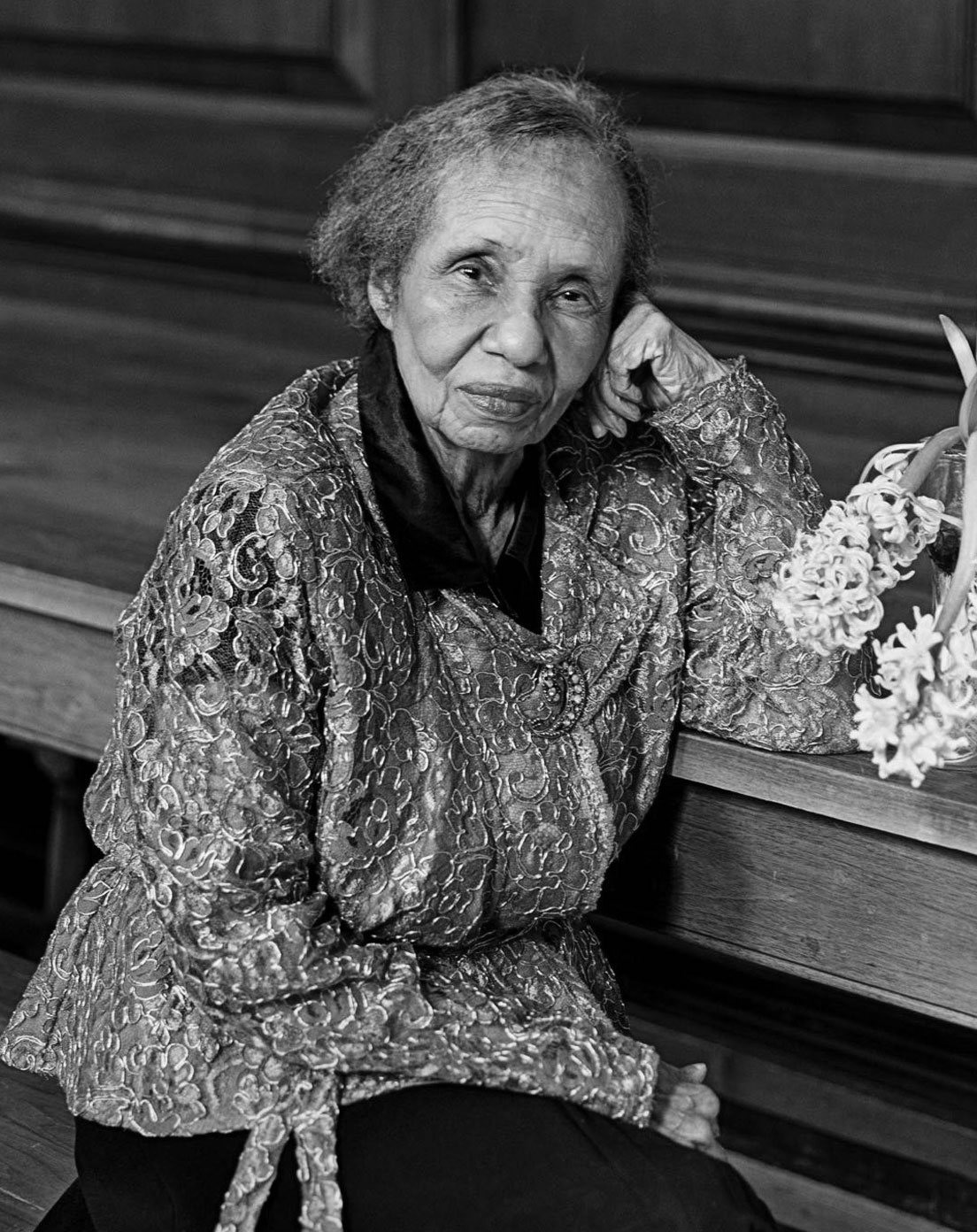 Author
AuthorAdrienne Kennedy
Adrienne Kennedy has been a force in American theatre since the early 1960s, influencing generations of playwrights with her hauntingly fragmentary lyrical dramas.
-
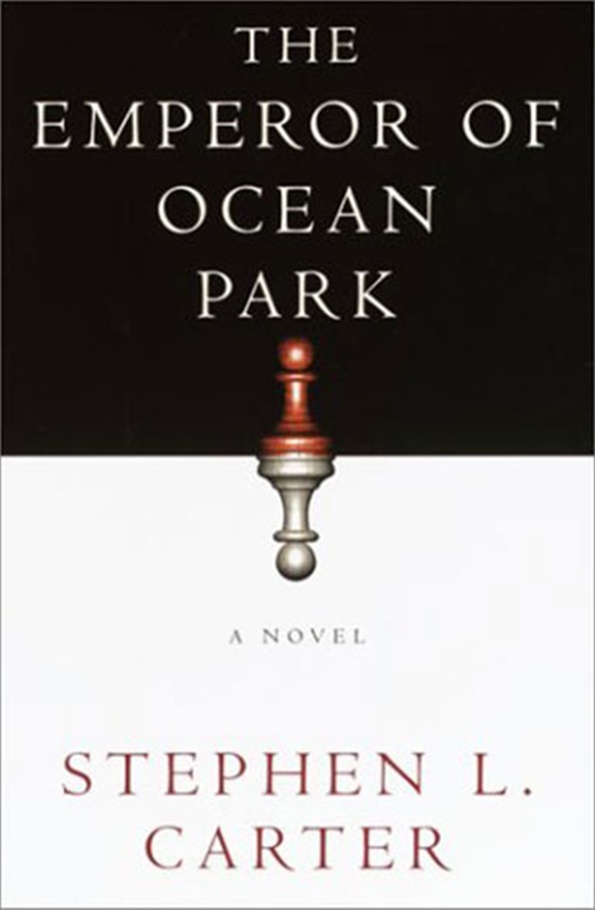 Book
BookThe Emperor of Ocean Park
Stephen L. Carter has helped shape the national debate on issues ranging from the role of religion in American politics and culture to the impact of integrity and civility in our daily lives.
-
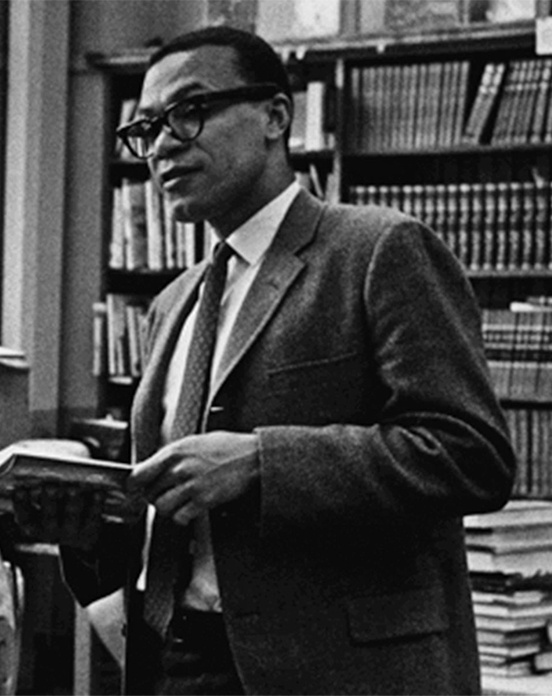 Author
AuthorJay Wright
Wright’s latest work, “Transfigurations: Collected Poems” has been called ‘nothing less than the great work of art.’
-
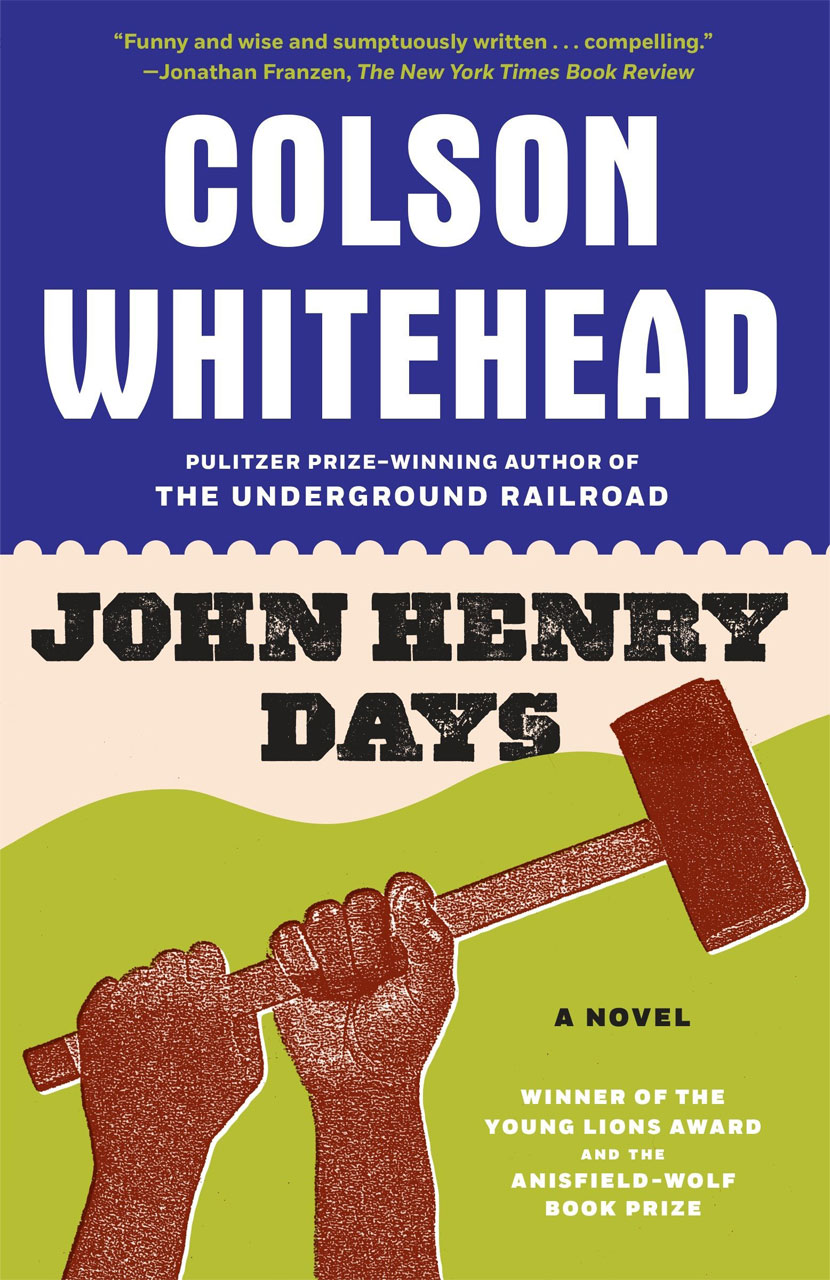 Book
BookJohn Henry Days
Smart, learned and soaringly ambitious, his second novel consolidates his position as one of the leading writers of serious fiction of his generation.
-
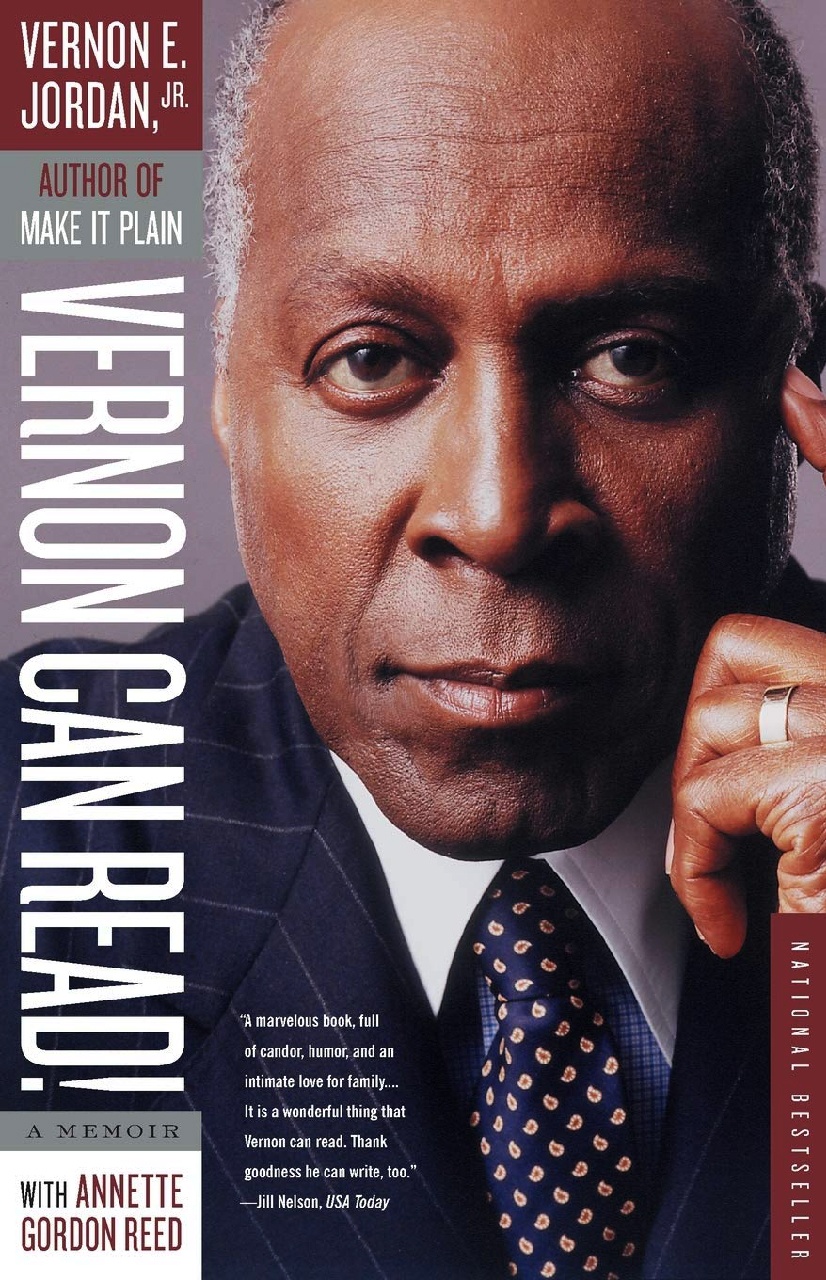 Book
BookVernon Can Read
In the 1960s, Jordan was an advocate for the desegregation of Georgia’s colleges and helped escort a female black student through an angry mob when the University of Georgia was desegregated.
-
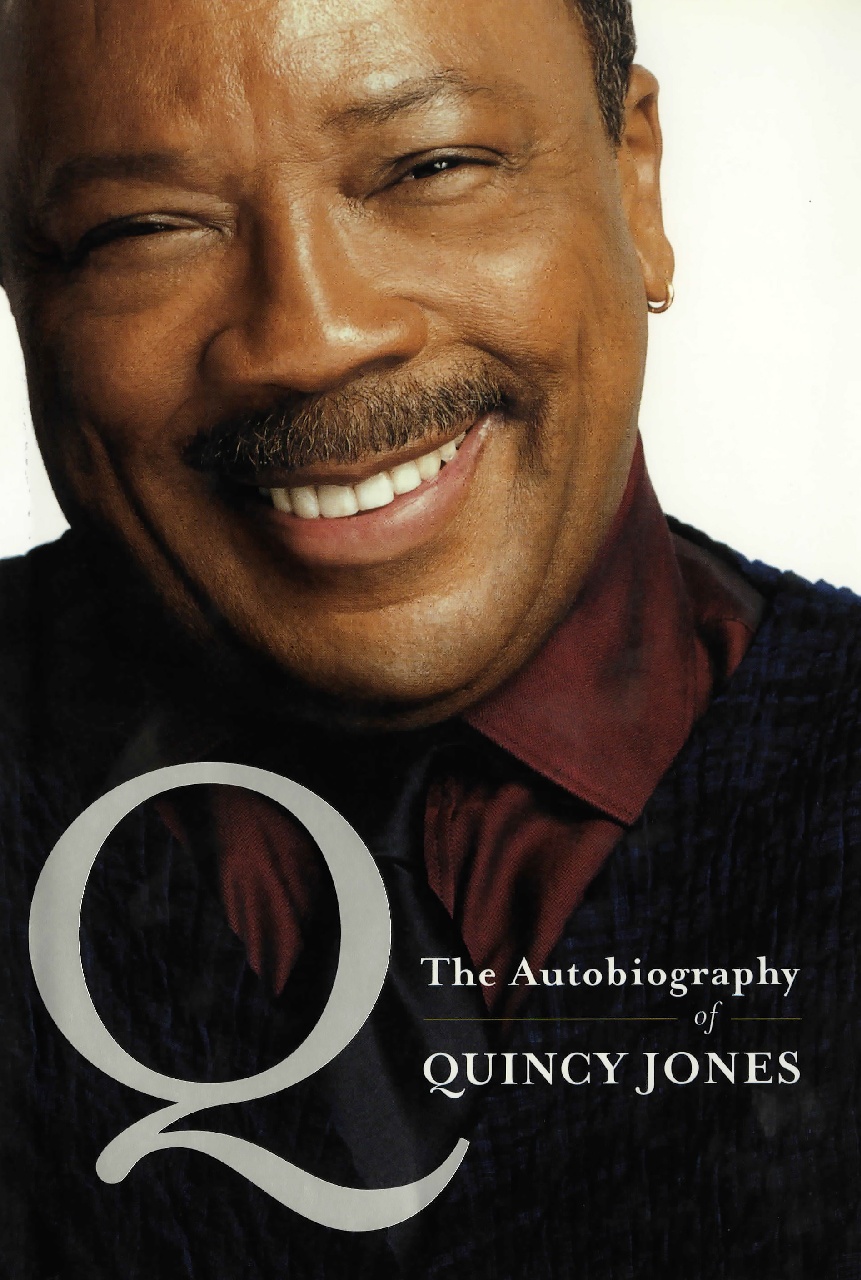 Book
BookQuincy Jones
Quincy Jones cannot be pigeonholed. In his 50-year music career, Jones has worn the hats of composer, record producer, artist, arranger, conductor, instrumentalist and record company executive.
-
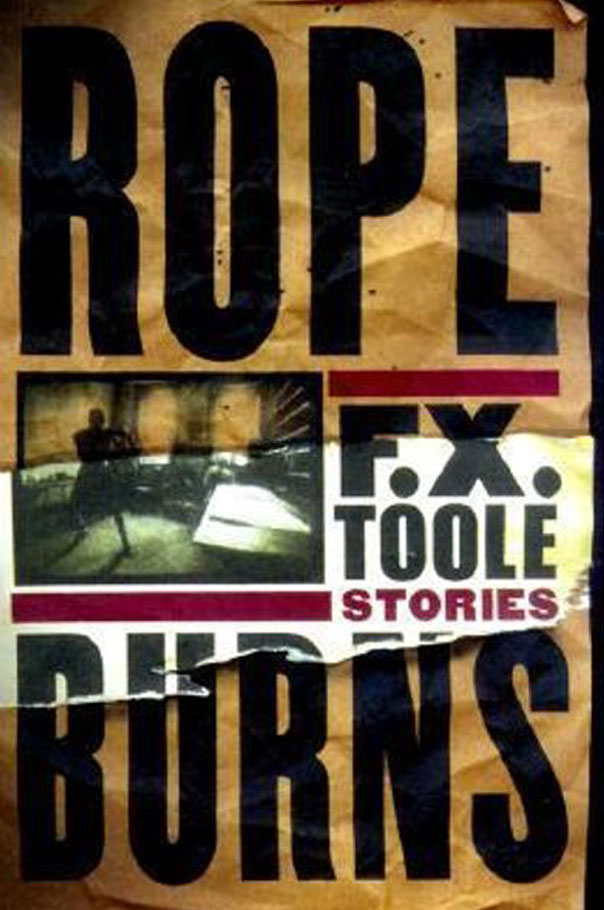 Book
BookRope Burns: Stories from the Corner
Toole explores the world of boxing with an insider’s directness and understanding, all the while remaining true to the flawed, noble humanity of his characters.
-
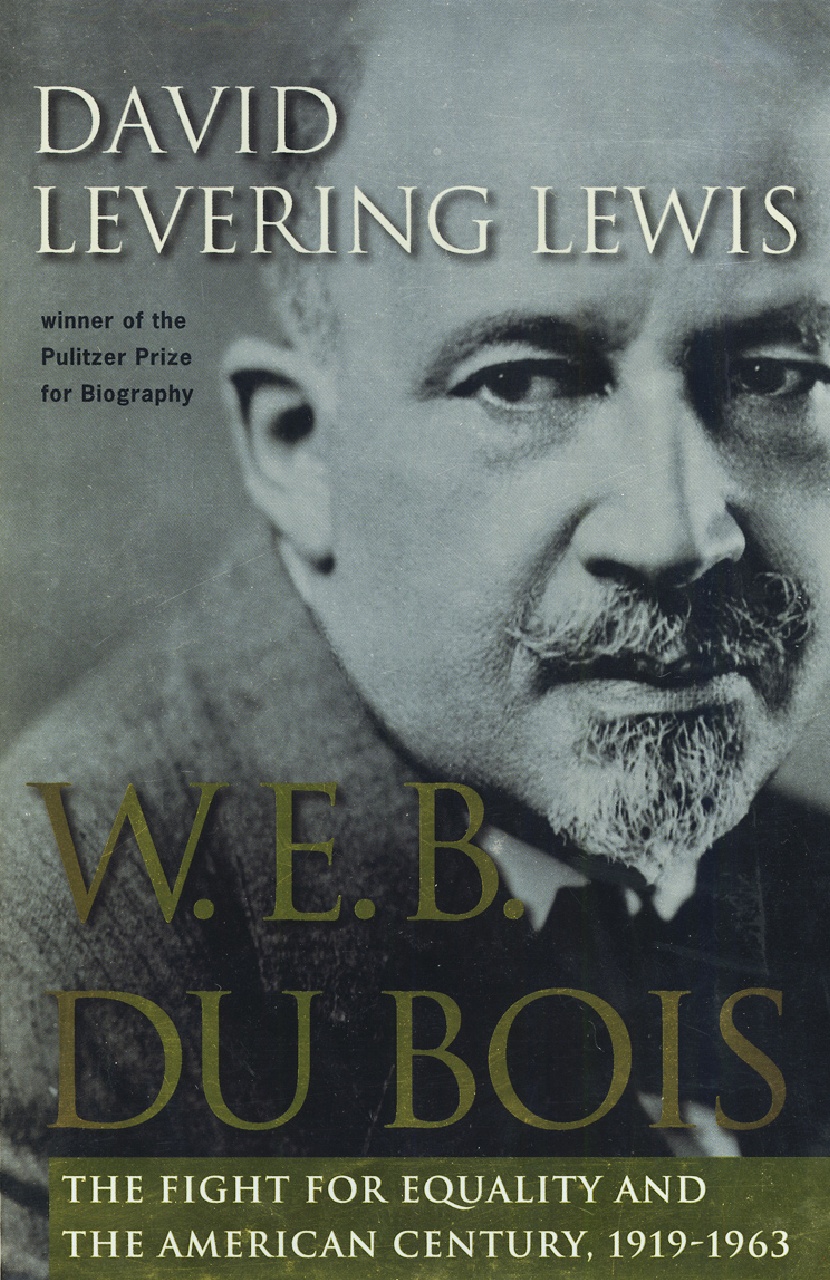 Book
BookW.E.B. Du Bois
The Los Angeles Times Book Review calls it ‘a work of keen scholarship that will appeal to the general reader responsive to graceful, lucid prose by an author with an eye for ironic situations and complex emotions.’
-
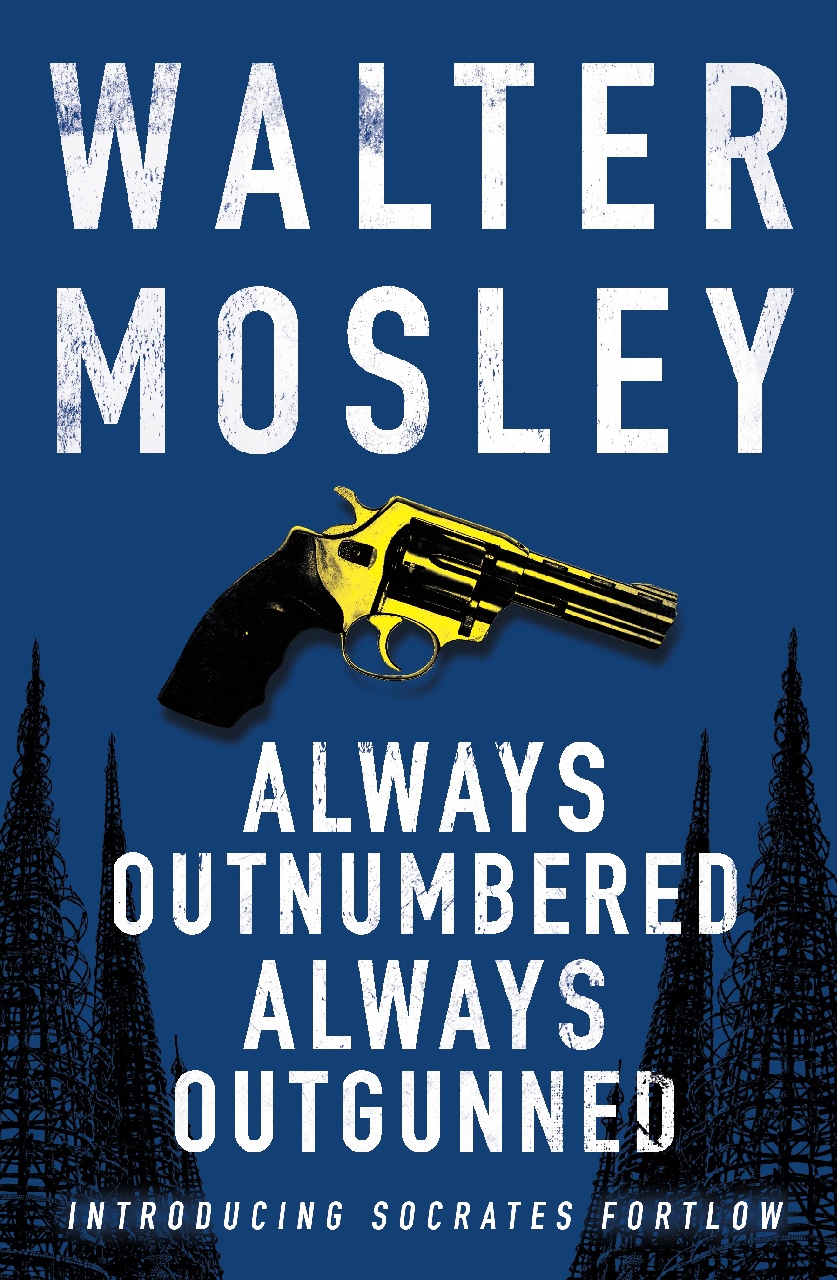 Book
BookAlways Outnumbered, Always Outgunned
Although Mosley’s fiction falls into a category that many consider subliterary—detective fiction—his depth of character, researched historical details, and realistic dialogue transcend the cliches of the genre.
-
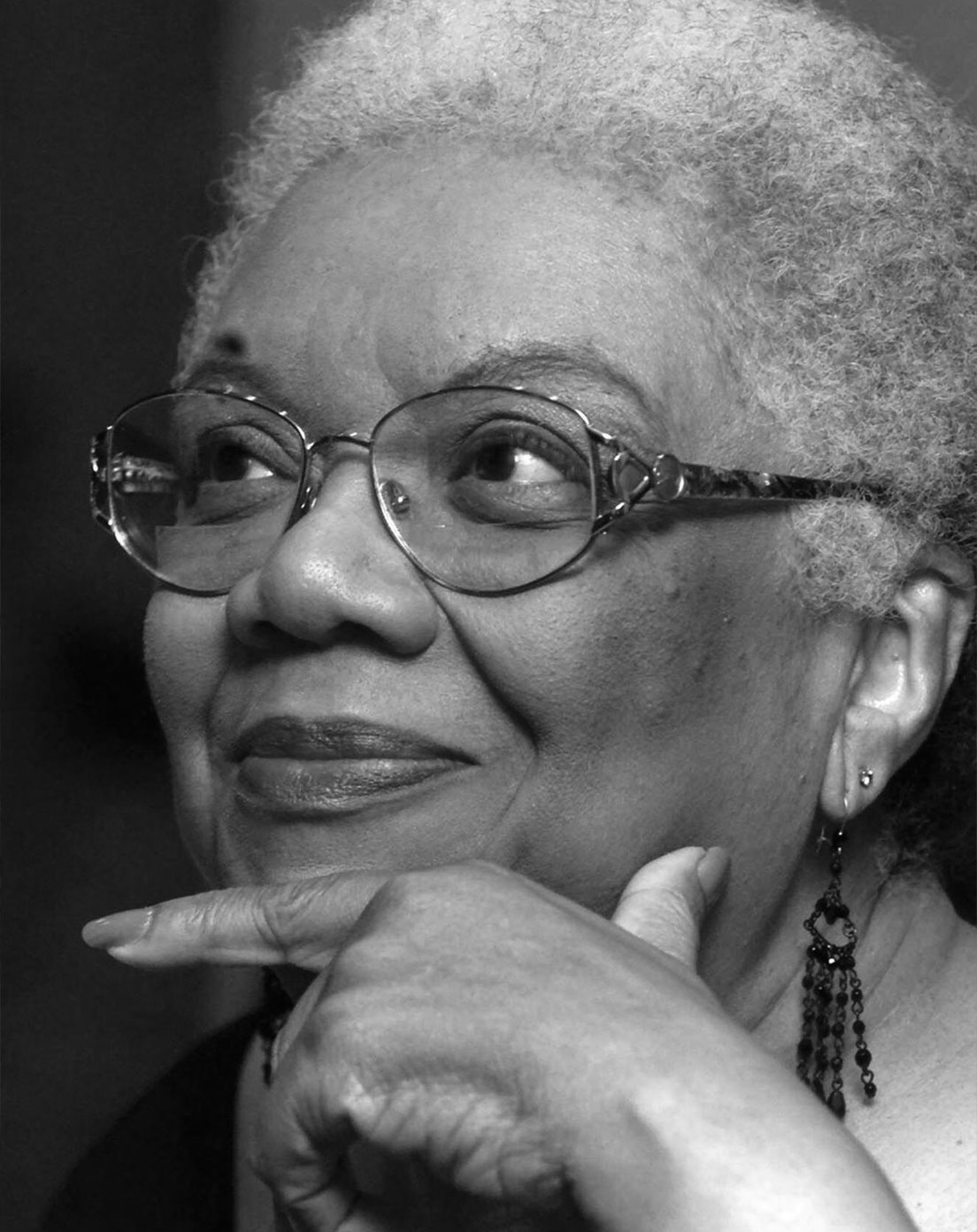 Author
AuthorLucille Clifton
Clifton’s writing is steeped in the rich oral tradition of the griot—the African storyteller. Through verse Clifton has scrutinized the American dream through the eyes of its most powerless and neglected citizens: women, minorities and children.
-
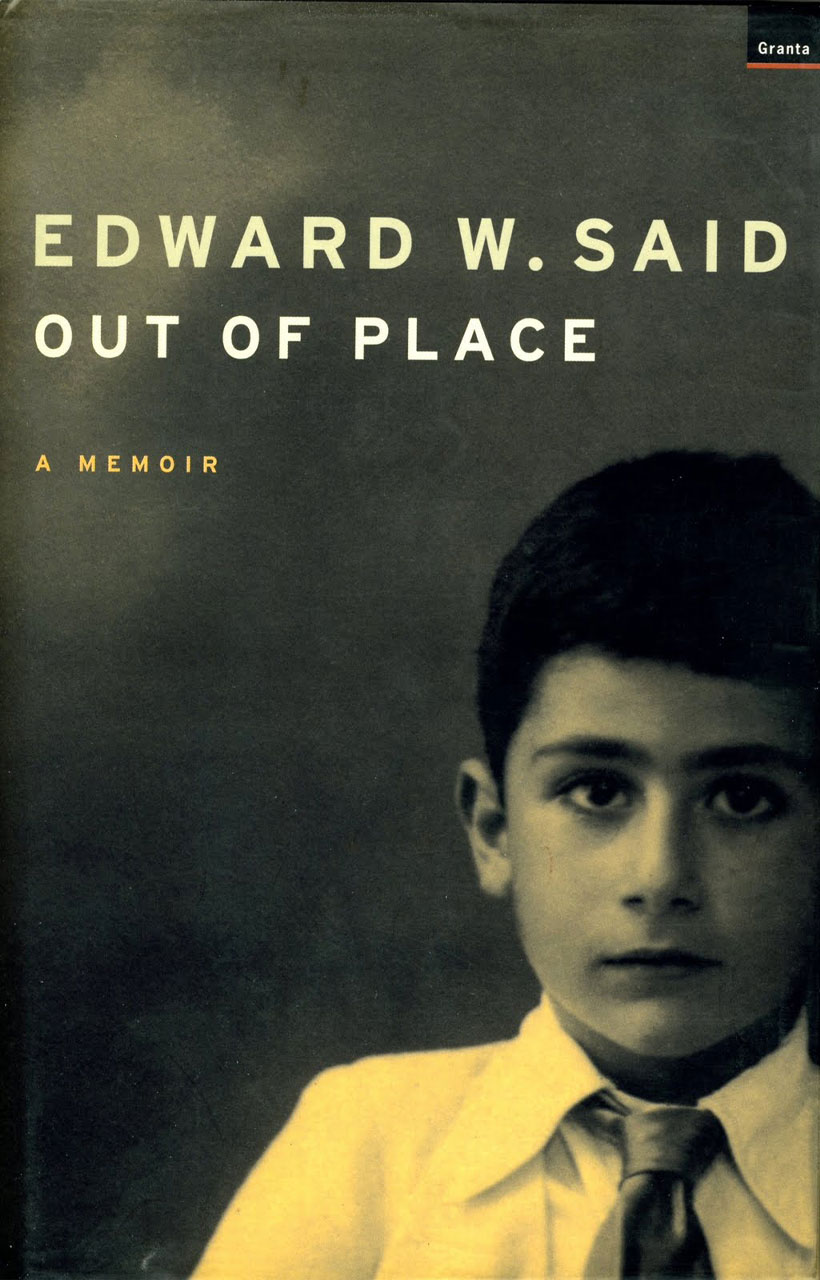 Book
BookOut of Place
Edward W. Said was one of the foremost cultural critics of the postwar world. He wrote extensively on history, politics, literature, music and philosophy.
-
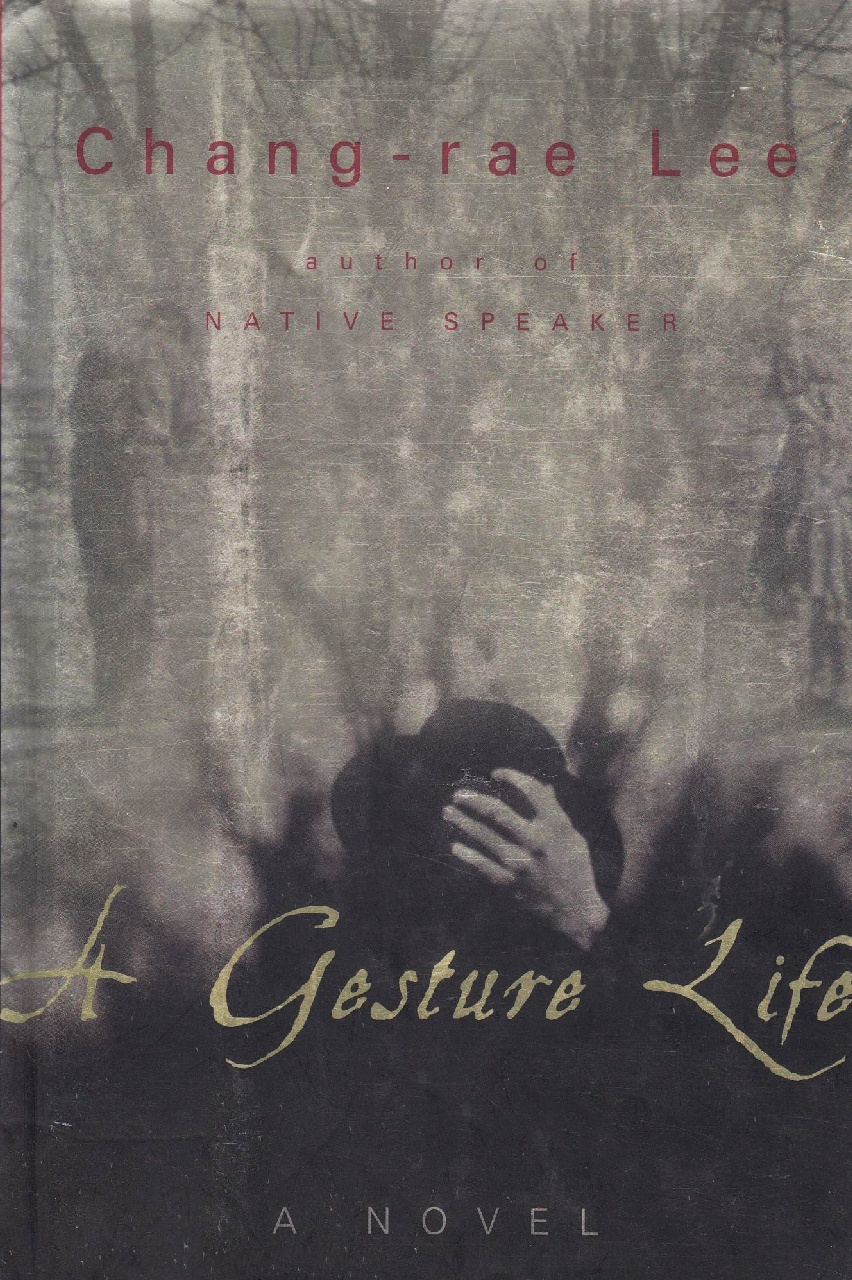 Book
BookA Gesture Life
By exploring his own experiences as a second-generation Korean-born American, Lee’s novels portray the tensions between assimilation into a society and alienation from oneself and one’s heritage.
-
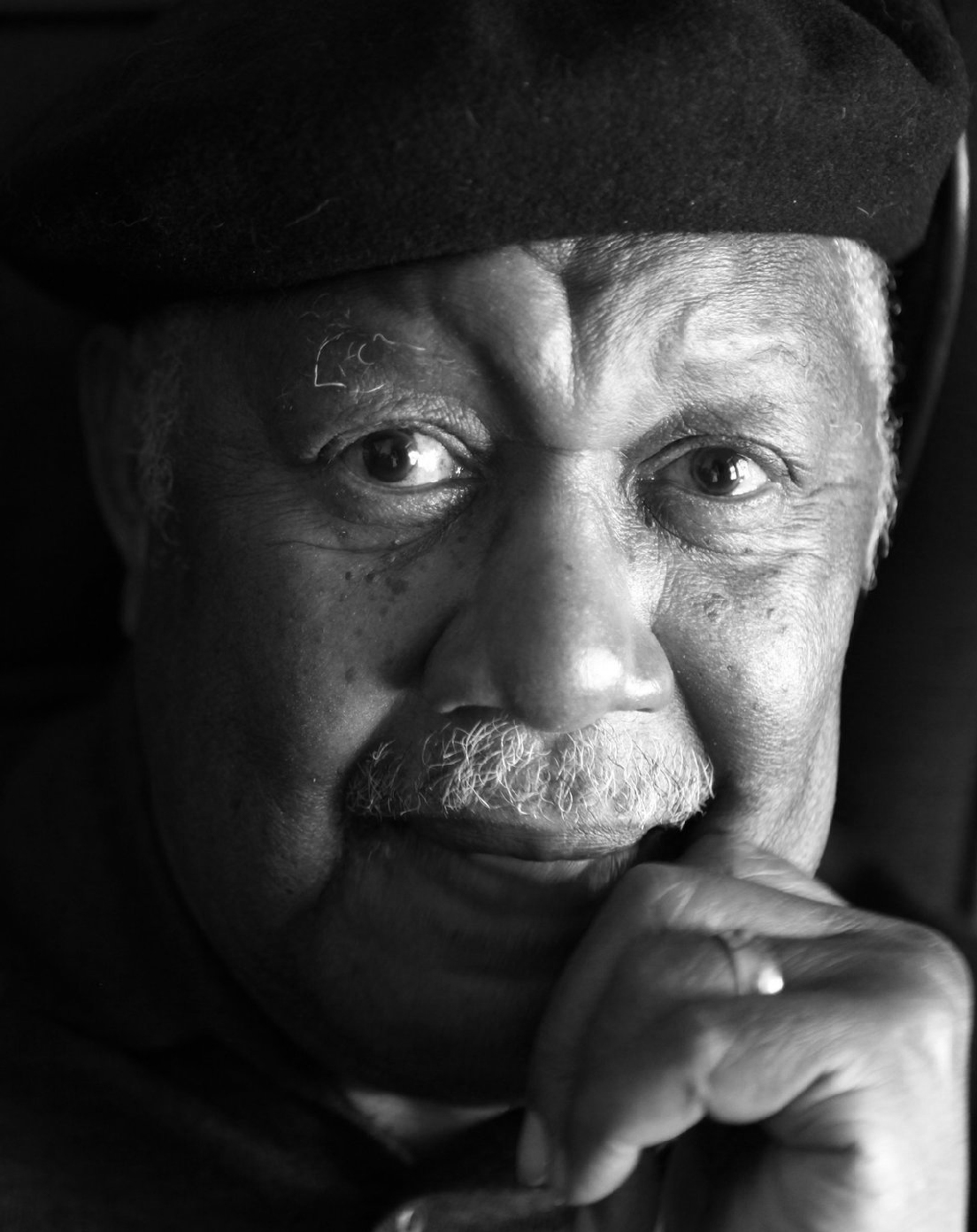 Author
AuthorErnest J. Gaines
Gaines was never exposed to black writers, and so his literary models were such white American writers as Ernest Hemingway and William Faulkner, and European writers such as Russian novelist Leo Tolstoy. He decided early, however, to focus his own writing on what he knew—which meant portraying African American culture and language.
-
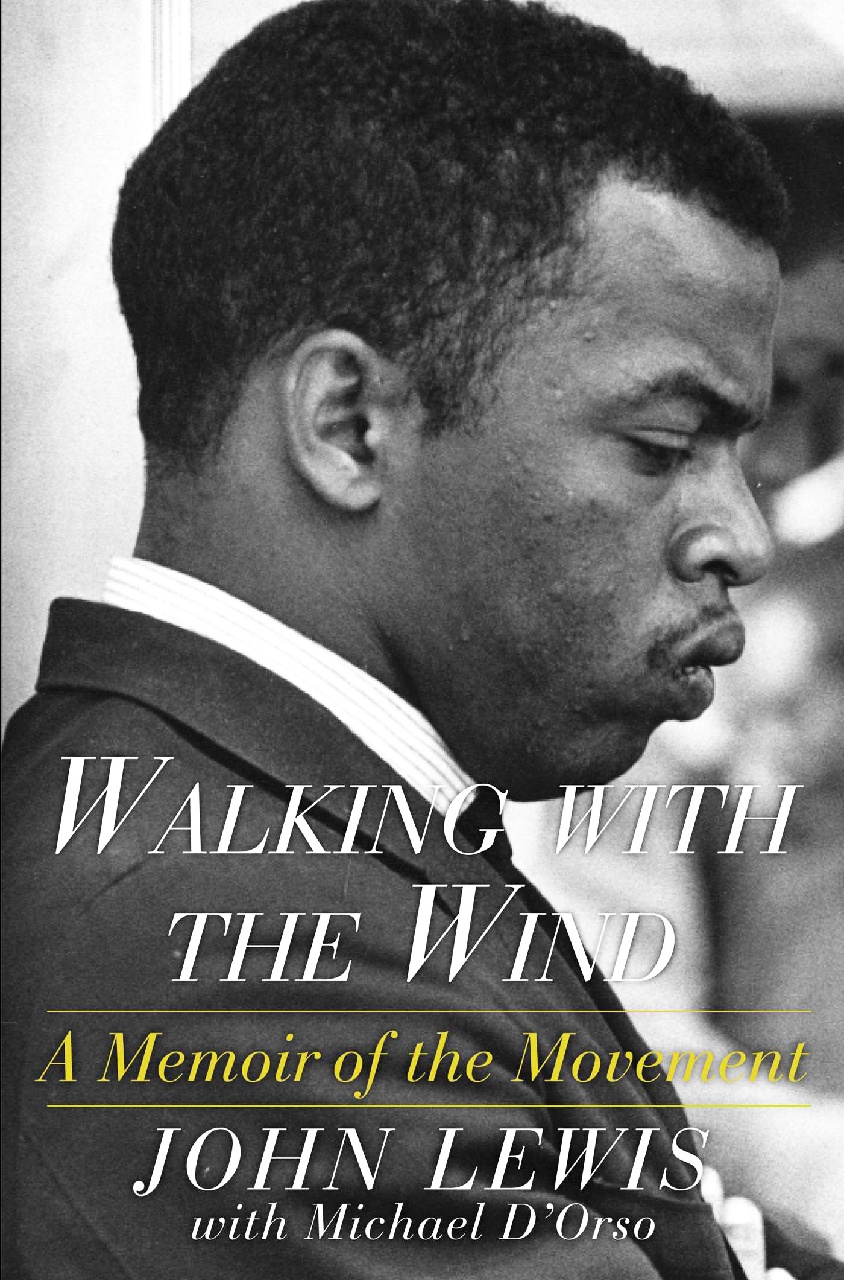 Book
BookWalking with the Wind
Lewis marched with civil rights leader Martin Luther King Jr. from Selma to Montgomery, Alabama, in an effort to secure voting rights for African Americans. During the march, a confrontation with police occurred, and Lewis was one of many marchers beaten in what became known as Bloody Sunday.
-
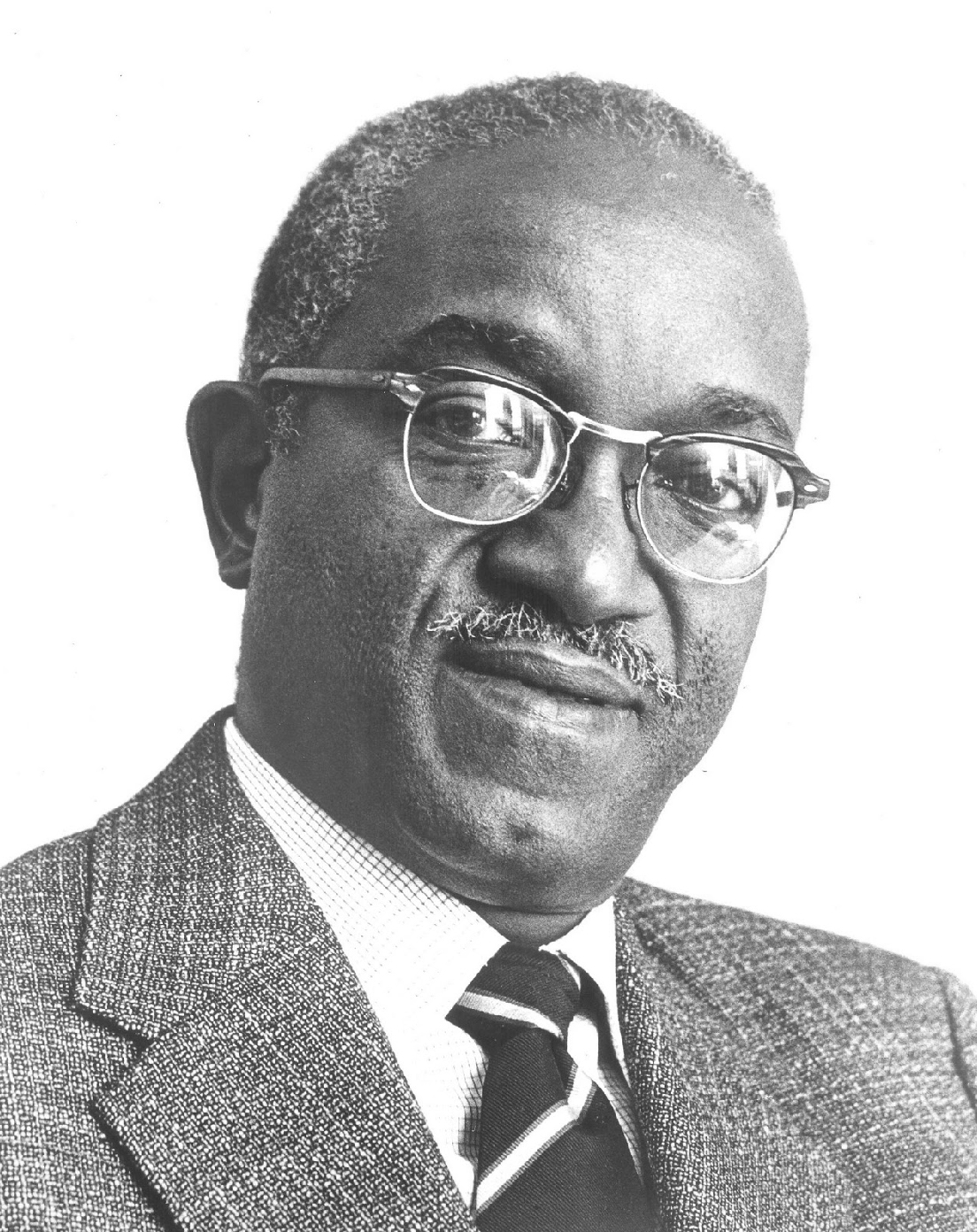 Author
AuthorJohn Hope Franklin
For Franklin, the task of correcting American history in the light of black experience had always been a crucial part of the fight for racial equality.